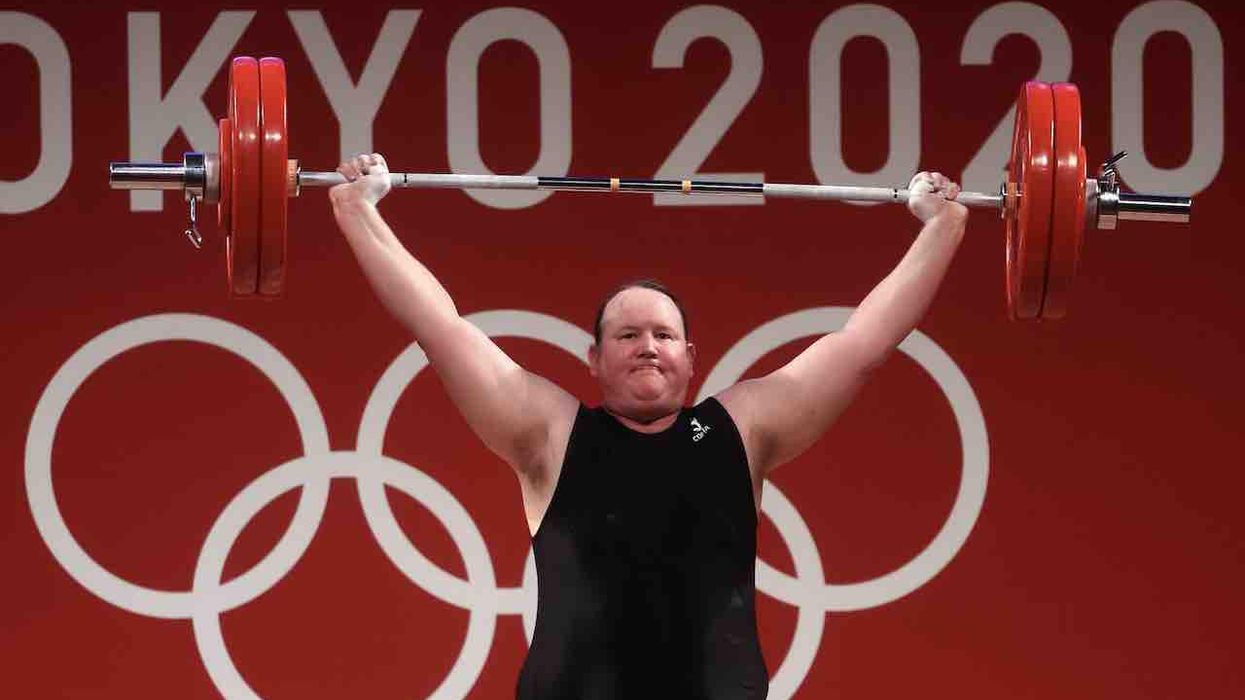
Photo by Chris Graythen/Getty Images

The International Olympic Committee said transgender females shouldn't be required to reduce testosterone to compete in sports, Sky News reported.
The IOC's updated guidelines are not legally binding, the outlet said, adding that the organization said it's not in a position to issue broad regulations defining eligibility for every sport and will instead leave such decisions in the hands of individual federations.
"What we are offering to all the international federations is our expertise and a dialogue, rather than jumping to a conclusion," IOC director of the athletes' department Keveh Mehrabi said, Sky News noted.
But where the IOC stands on transgender issues seems pretty clear.
The body's new guidelines say that no athlete should be excluded from competition due to perceived "unfair and disproportionate advantage" as a result of gender, Sky News reported.
Previously transgender female athletes were allowed to compete only if their testosterone levels were below a required limit 12 months before their first competition, the outlet said.
But no longer apparently.
"You don't need to use testosterone [to decide who can compete] at all," IOC medical director Richard Budgett said, according to Sky News.
The IOC also decried sex testing to verify an athlete's gender as "disrespectful" and "potentially harmful" and "invasive," the outlet added.
"We really want to make sure that athletes are not pressured or coerced into making a harmful decision about their bodies," added Magali Martowicz, IOC head of human rights, according to Sky News.
Not everyone was in complete agreement with the IOC.
Joanna Harper — visiting fellow for transgender athletic performance at England's Loughborough University — told ESPN that not presuming physical advantages when it comes to transgender females is "problematic for me. There is no doubt that transgender women are on average taller, bigger, and stronger than cisgender women and that these are advantages in many sports."
Indeed, the IOC's updated guidelines come just months after New Zealand weightlifter Laurel Hubbard — a biological male who identifies as female — became the first transgender athlete to compete in the Olympics.
Many critics have said Hubbard's presence is unfair to biologically female weightlifters.
In fact, it was reported in May that some biologically female weightlifters were told to "be quiet" after complaining about Hubbard competing against them.
"We're all about equality for women in sport, but right now that equality is being taken away from us," former Olympic weightlifter Tracey Lambrechs told Australia's 7 News in regard to Hubbard. "I've had female weightlifters come up to me and say, 'What do we do? This isn't fair, what do we do?' Unfortunately, there's nothing we can do because every time we voice it, we get told to be quiet."